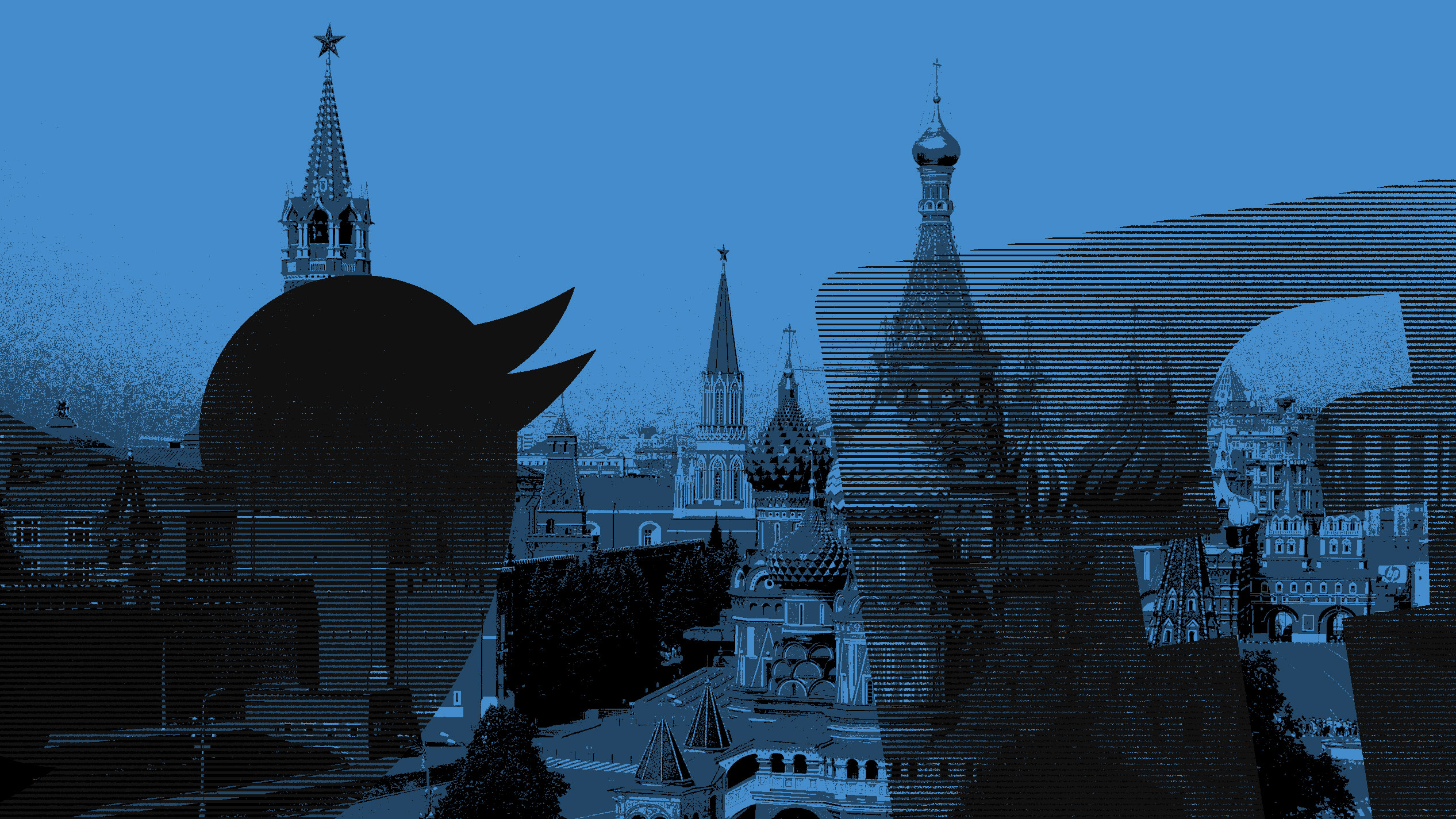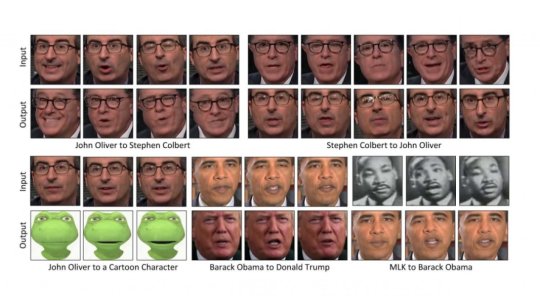Facebook has claimed to have found no further evidence of co-ordinated Russian-backed ad purchases on its platform targeting the 2016 Brexit vote in addition to the ad buys it previously reported.
In December Facebook reported finding three Brexit-targeted ads and less than $1 spent by Russian-backed agents. These were from the same pool of 470 Kremlin accounts that it previously revealed spent around $100,000, between June 2016 and May 2017 to run more than 3,000 ads targeting US users.
The company took a second look into Kremlin Brexit disinformation after being criticized by a UK parliamentary committee which is running an enquiry into fake news, and whose chair, Damian Collins, has taken a special interest in Brexit — including called out Facebook and Twitter for their lack of cooperation with his enquiry.
After a little public shaming, Facebook committed to looking into the matter again.
In its latest letter to the committee, dated February 28, says it undertook an investigation into whether there were “clusters of coordinated Russian activity around the Brexit referendum” which it had not previously turned up. But it claims to have found no additional Russian-backed ads being targeted at UK users in the Brexit campaign period leading up to June 23.
Facebook says it used the same “general methodology” it used previously to identify accounts from known Putin trollfarm the Internet Research Agency which had been targeting US users — and which we now know targeted a very large number of US users.
It adds that its findings, vis-a-vis Brexit, are in contrast to the investigation into US-targeted Russia activity on its platform — but points out that the US intelligence community had made a public statement that Russia had tried to interfere with the US election prior to Facebook’s own effort to uncover the truth.
“We are not aware of any comparable findings or investigations of this nature by UK authorities,” it continues, adding that should that change, and domestic spy agencies share findings “in respect of illegal activity in the UK against named individuals or organisations”, then Facebook would be prepared to take a third look into its data.
So, tl;dr, don’t expect Facebook to pro-actively investigate Russian disinformation; government must lead here.
Which also explains why, last month, the UK government announced it was setting up a dedicated national security unit to combat state-led disinformation campaigns — whose duties will include monitoring social media platforms. Since these platforms aren’t going to provide any early warning disinformation alerts.
DCMS committee chair Collins is quoted in The Guardian welcoming Facebook’s additional efforts with this second investigation of Brexit ads, but he also lists a range of additional information he says the company still hasn’t shared with the committee.
“I look forward to them sharing with us, amongst other information: the exact number of accounts that they have suspended; how they are resourcing their fight against bots; their methodology of how they identify fake accounts; and how they determine what country those accounts come from. They have promised this to us in full by 14 March 2018,” he said. “We have also asked Facebook for further points of clarification relating to the letter they have given to us today.”
A Facebook spokesperson declined to provide any additional information beyond the letter when we asked.
Featured Image: Bryce Durbin/TechCrunch/Getty Images
Natasha Lomas
http://feedproxy.google.com/~r/techcrunch/facebook/~3/AWp1iJrxws0/
Source link



